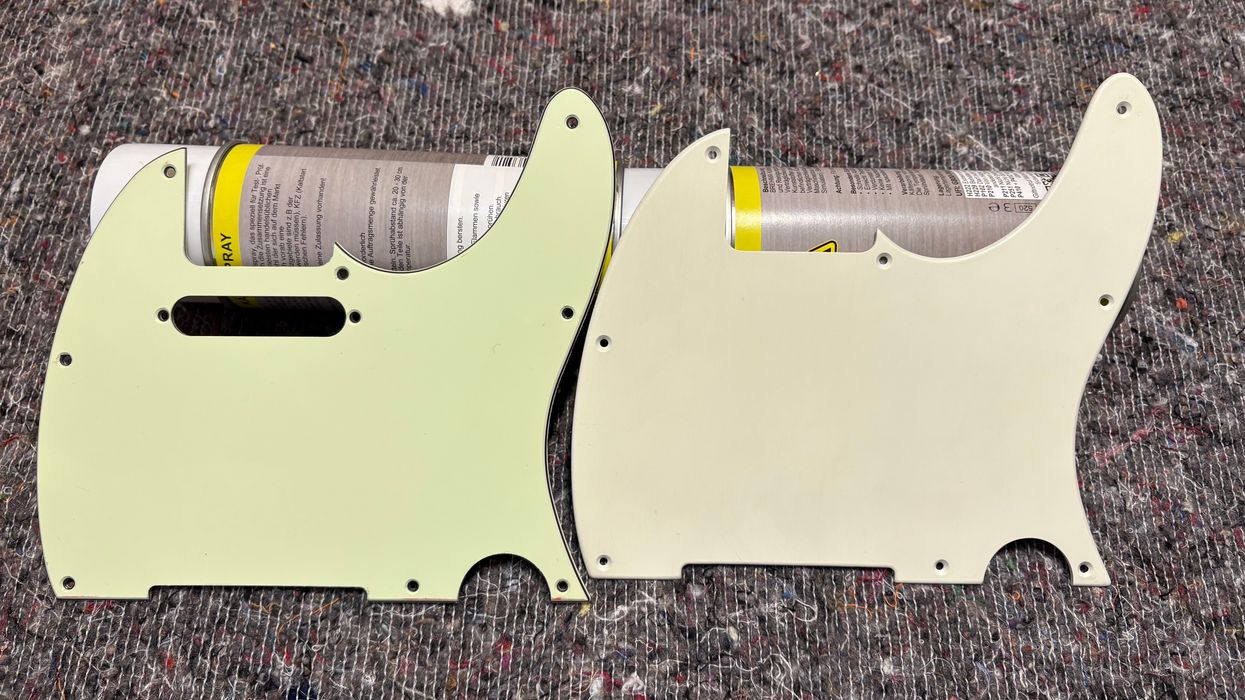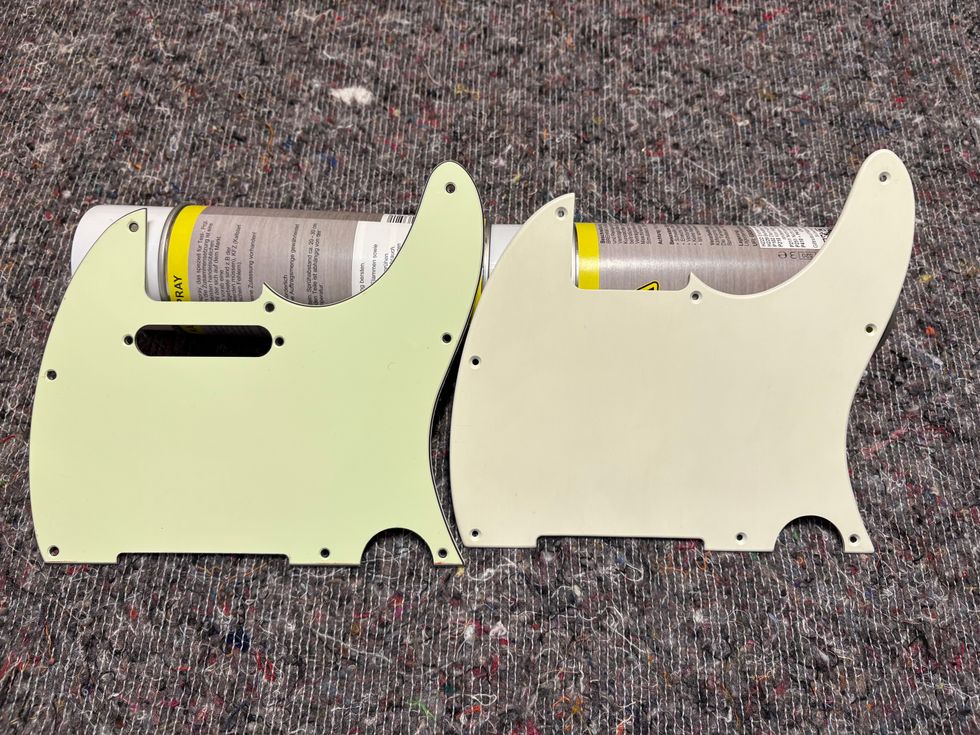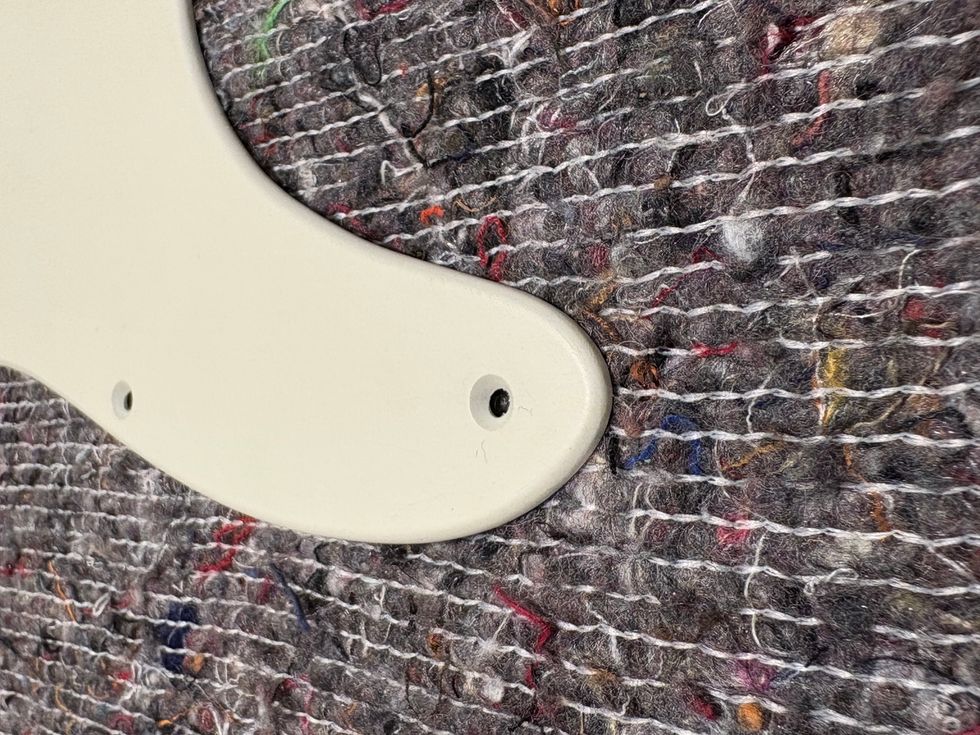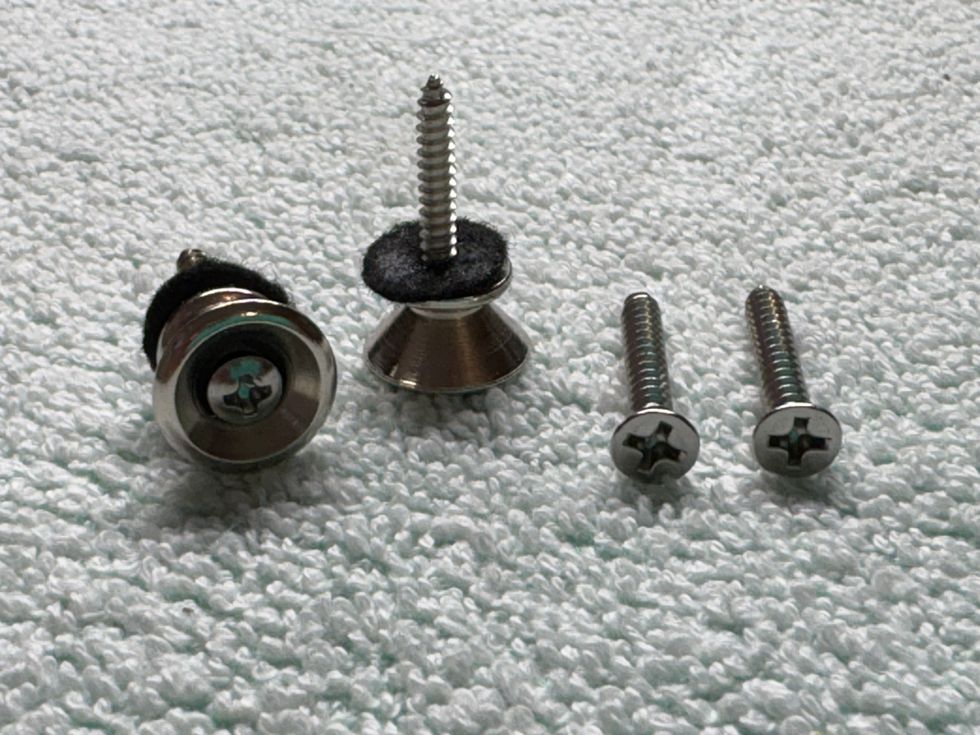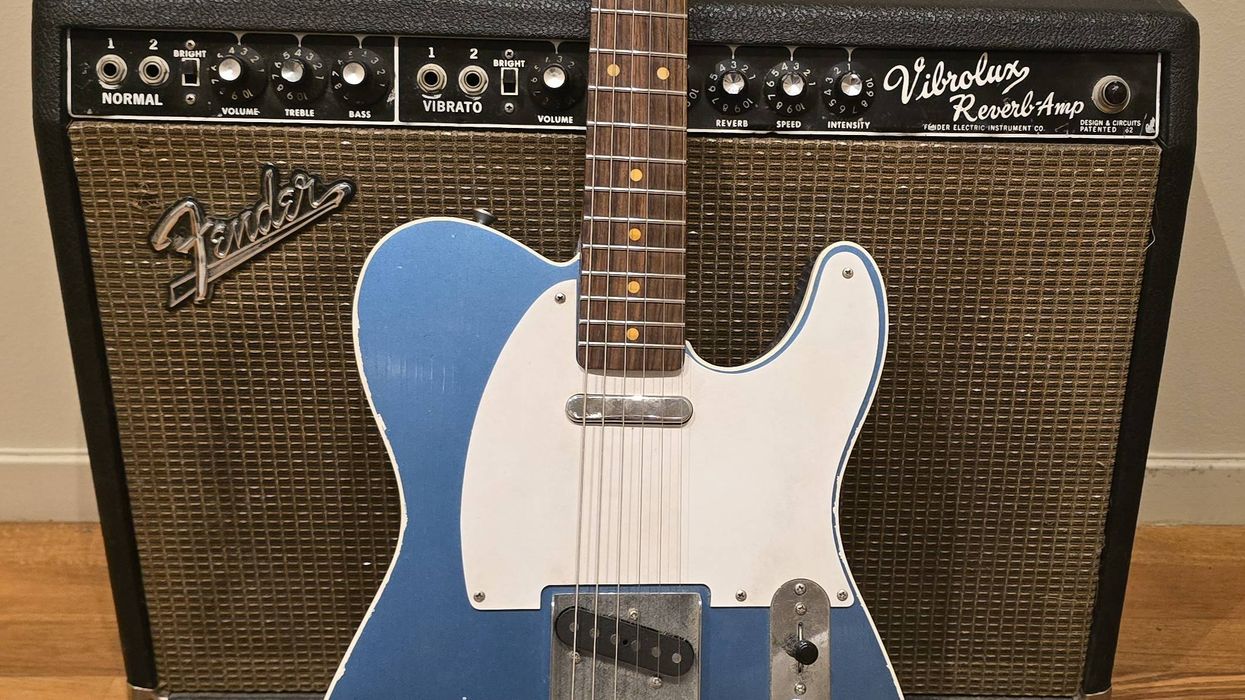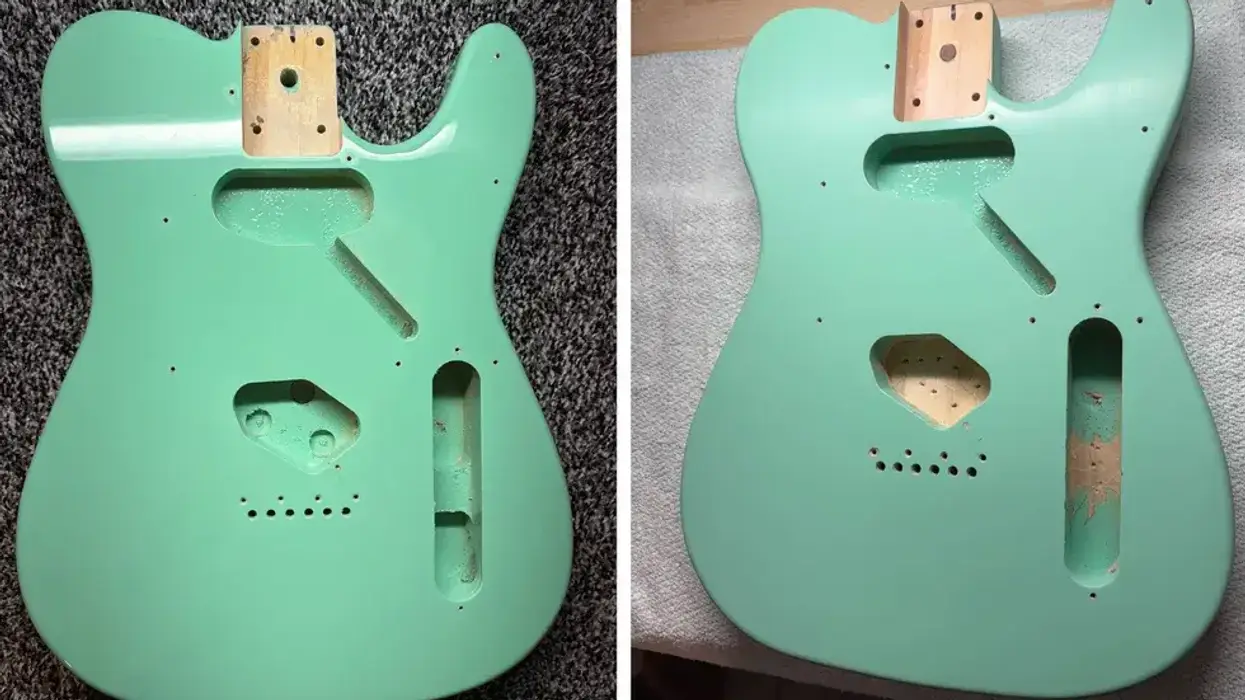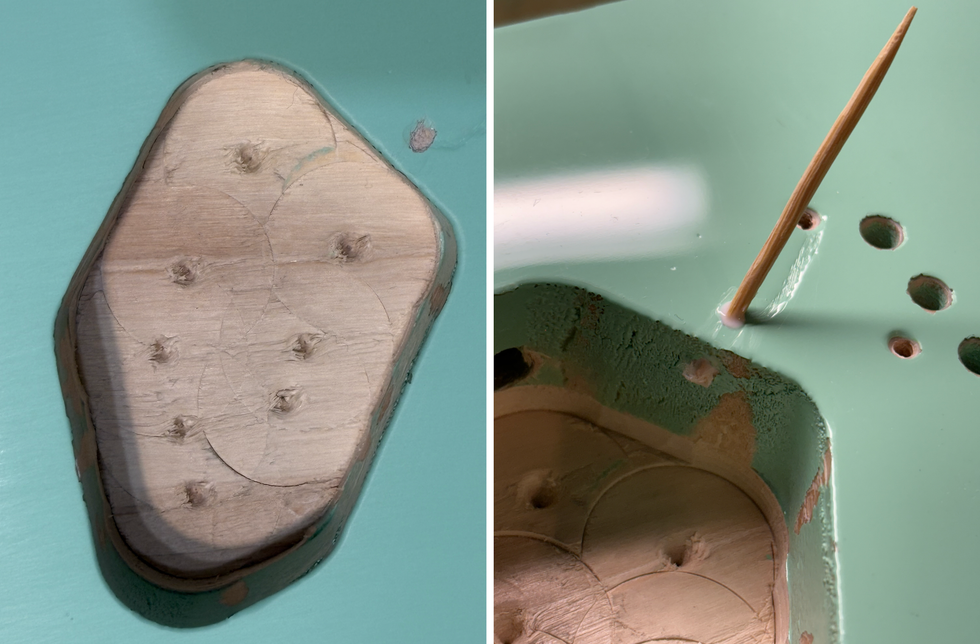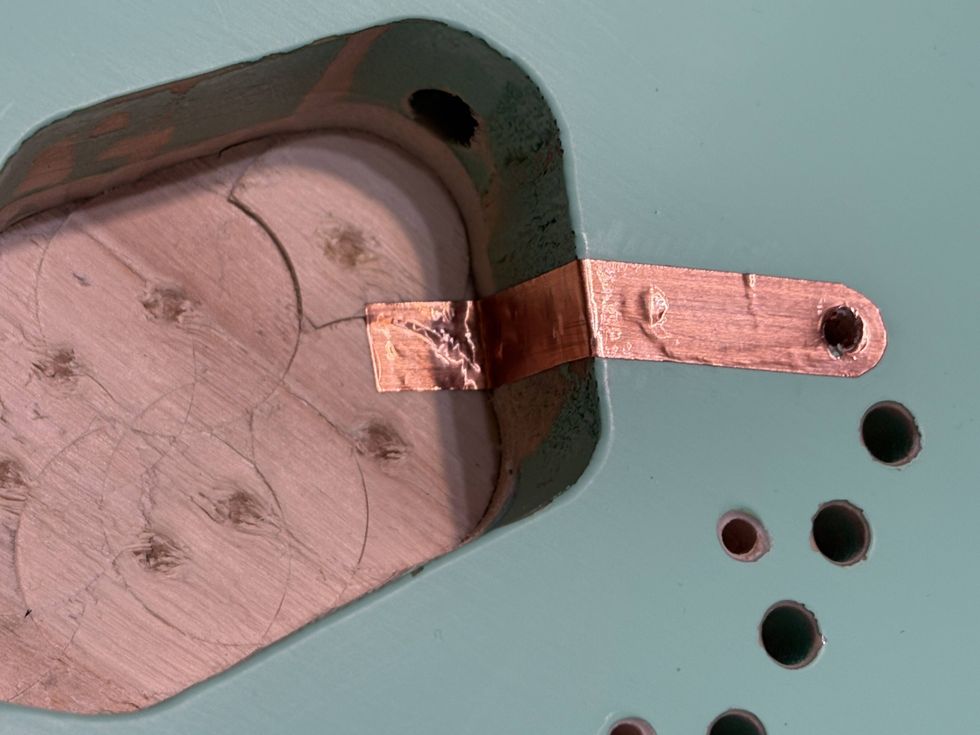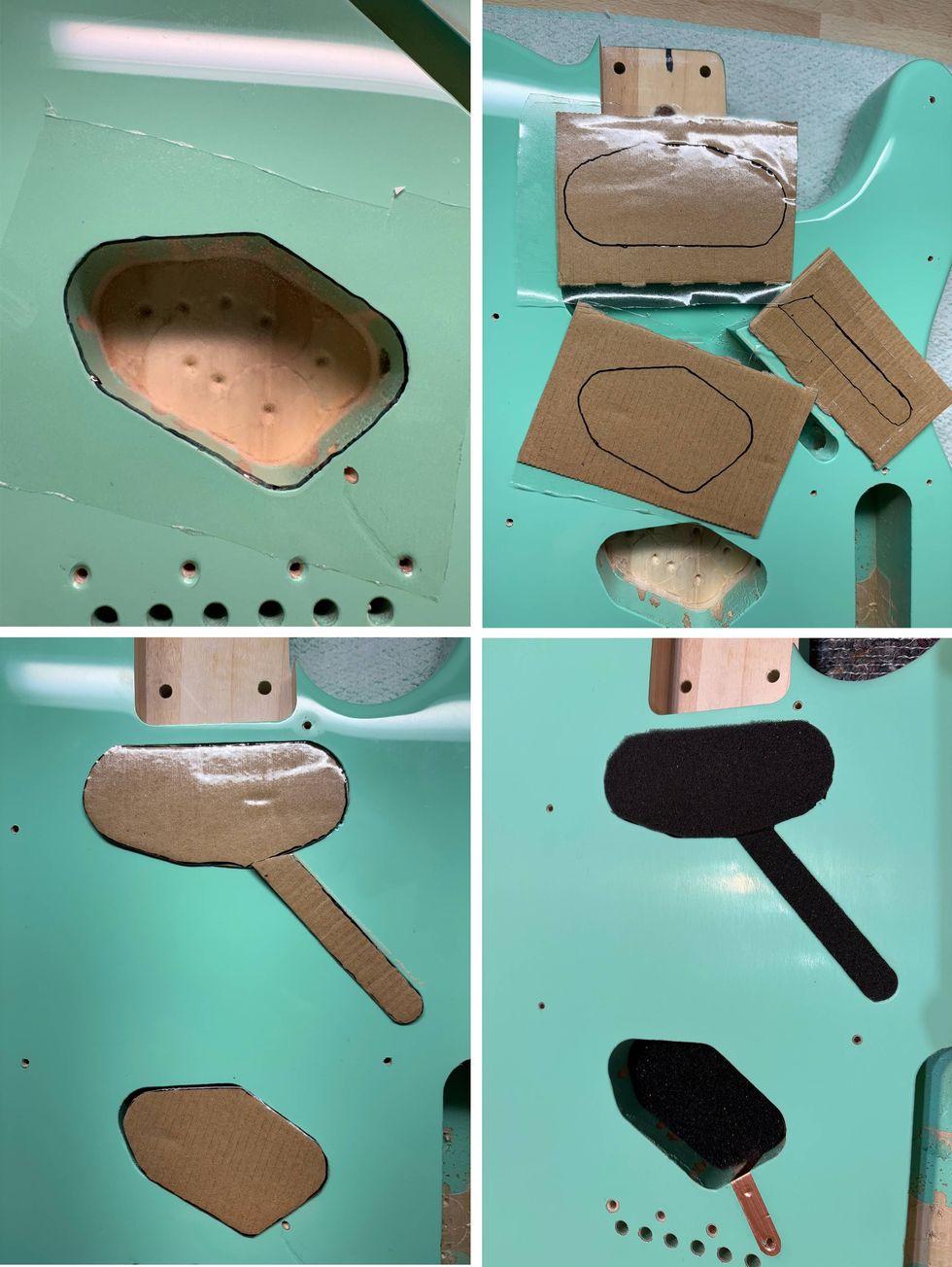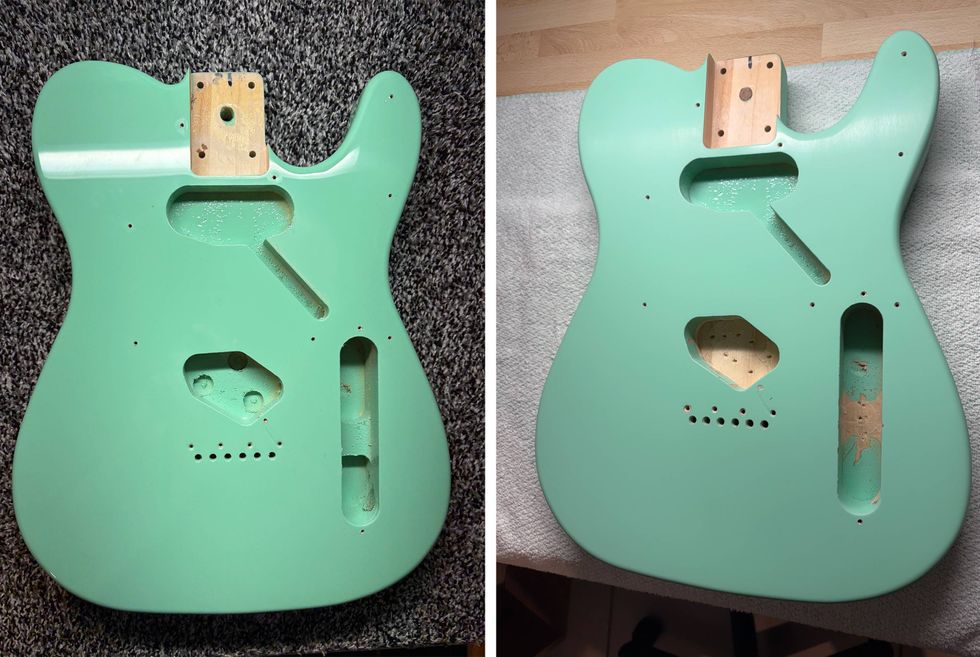  |
| Hi Jeff, Thanks for your contribution to Premier Guitar. I look forward to your column each month. It is always the first thing I turn to when I open my mail box. I really enjoy working on tube amps and your column has given me great insight on a number of unique issues. Every month I add another tool to my troubleshooting toolbox! Here is a problem that has vexed me for a while. I have a 1970 Fender Twin with a finicky tremolo circuit. The tremolo works at all depths, but I run into issues with the speed control. The speed control seems to have a bit of a hair trigger. If I start with the speed at 1 there is no oscillation. That condition stays the same as I increase the speed until I get between 4 and 5, at which point the oscillation jumps in at the rate you would expect at that level. As soon as I hit that threshold the oscillation jumps in. I can tweak the knob between 4 and 5 to get speeds I would expect below 5, but it is difficult to fine-tune and the oscillations eventually stall out. I have checked all the solder joints and replaced the opto-isolator, but the problem has persisted. I was considering replacing the speed potentiometer next, but thought it wise to ask Budda first. Why does my tremolo disappear at speed settings below 5? Thanks! Brandon P.S. I reviewed your past columns for some advice on this. The closest thing I found was your comments about weak tremolo in a Twin reissue in your March 2008 column. This seemed a bit different, but maybe not. Anyhow, thanks again! |
Hi Brandon,
Thanks so much for reading the column. I’m glad it has helped you in the past, so let me see if I can help you again.
I’m going to bet that your 1970 Twin is not all original, and that sometime within the last 38 years it has been serviced. Okay, I’m not clairvoyant; it’s just that the odds are in my favor. My guess is that for whatever reason, at some point in time, the Speed control has been replaced. At 3 megohms, the correct value is not very standard and may have been replaced with a more readily available 1 megohm. While a 1 megohm pot will change the range of speed that the oscillator circuit can produce, the problem that you’re experiencing comes from the taper of the replacement pot. My guess is that the replacement pot is a 1M-A, which should be a standard 1 megohm audio taper pot used for the volume control in most amps. The correct pot would be a 3MRA; a 3 megohm reverse audio pot. Let me try to explain the different tapers found in some typical pots.
 | |
|
The next type is linear taper. This simply means that the resistance change from say 2 and 3 on the knob is the same as it will be between 3 and 4, 5 and 6, etc. This would have been a better choice for the speed control than a standard audio taper, but still not the correct choice.
The pot that needs to be installed in the amp for proper operation is a reverse audio taper. This is usually a custom taper and is used when the resistance change needs to happen quickly in the early stages of rotation. Where the resistance of a standard audio taper pot changes slowly between 0 and 1, the resistance of a reverse audio taper pot changes very quickly in that area; the rate of change becoming less and less as the control is rotated clockwise. The tremolo oscillator circuit needs a good bit of change in the early stages of the control setting, while I’m betting the pot that has been installed in the amp is giving it just the opposite.
Change the pot to the proper value and taper and be sure to re-install the 100k resistor that is attached to the rear of the pot. You’ll be amplitude modulating by the numbers in no time.
Jeff Bober
Co-Founder and Senior Design Engineer – Budda Amplification
jeffb@budda.com
www.budda.com
©2007 Jeff Bober




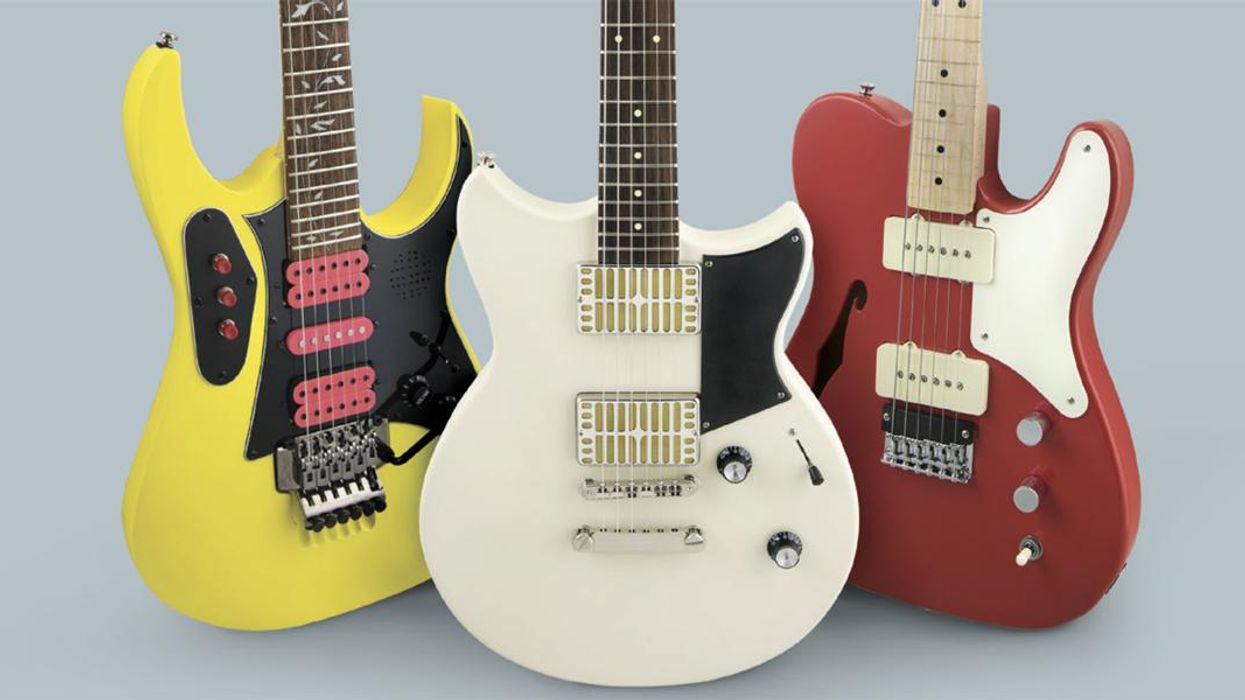
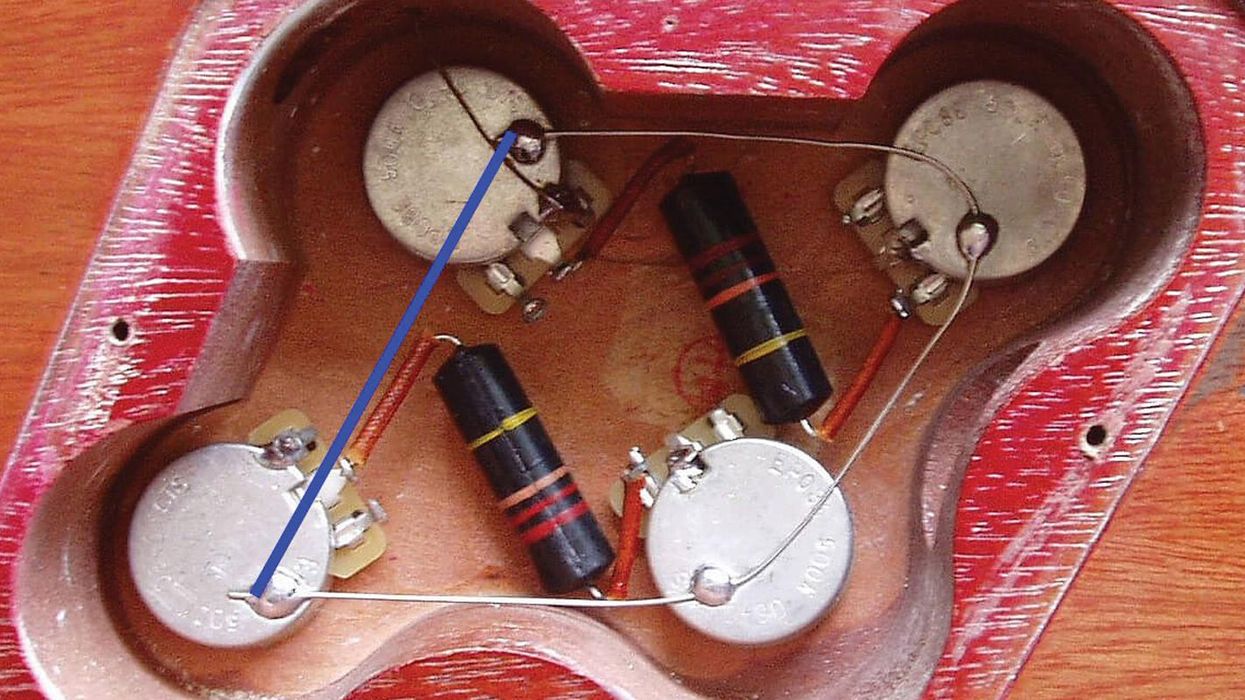
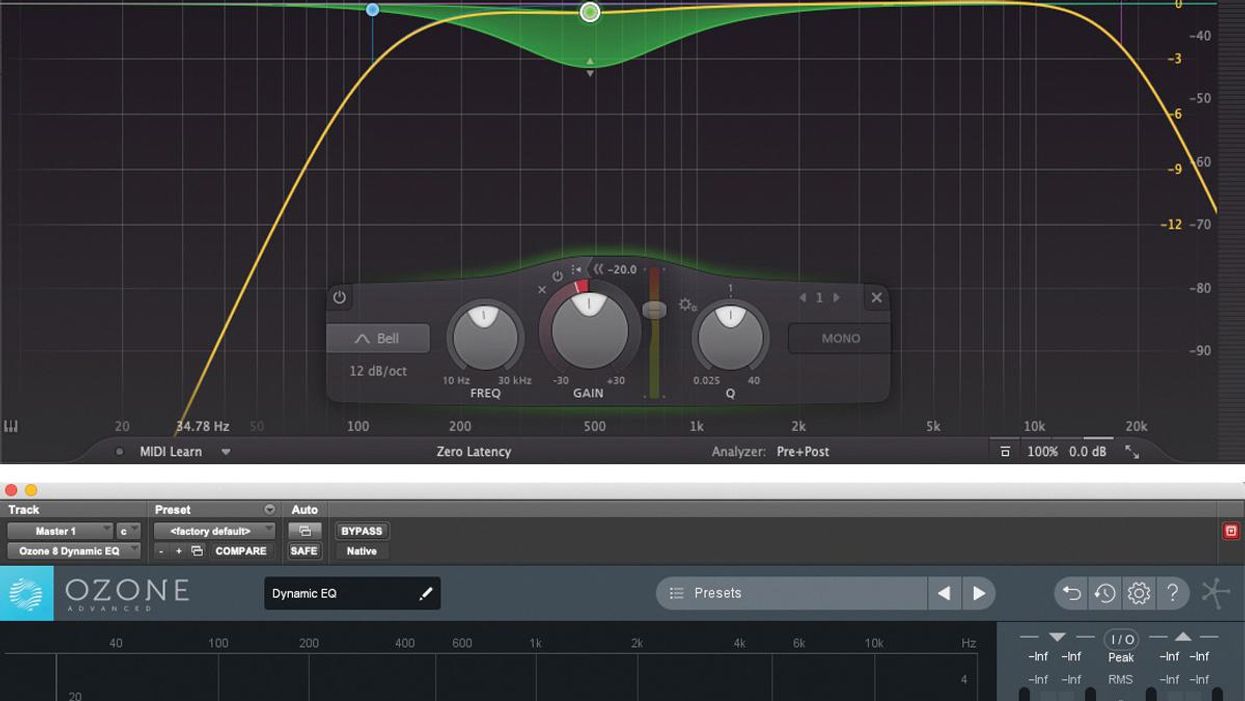

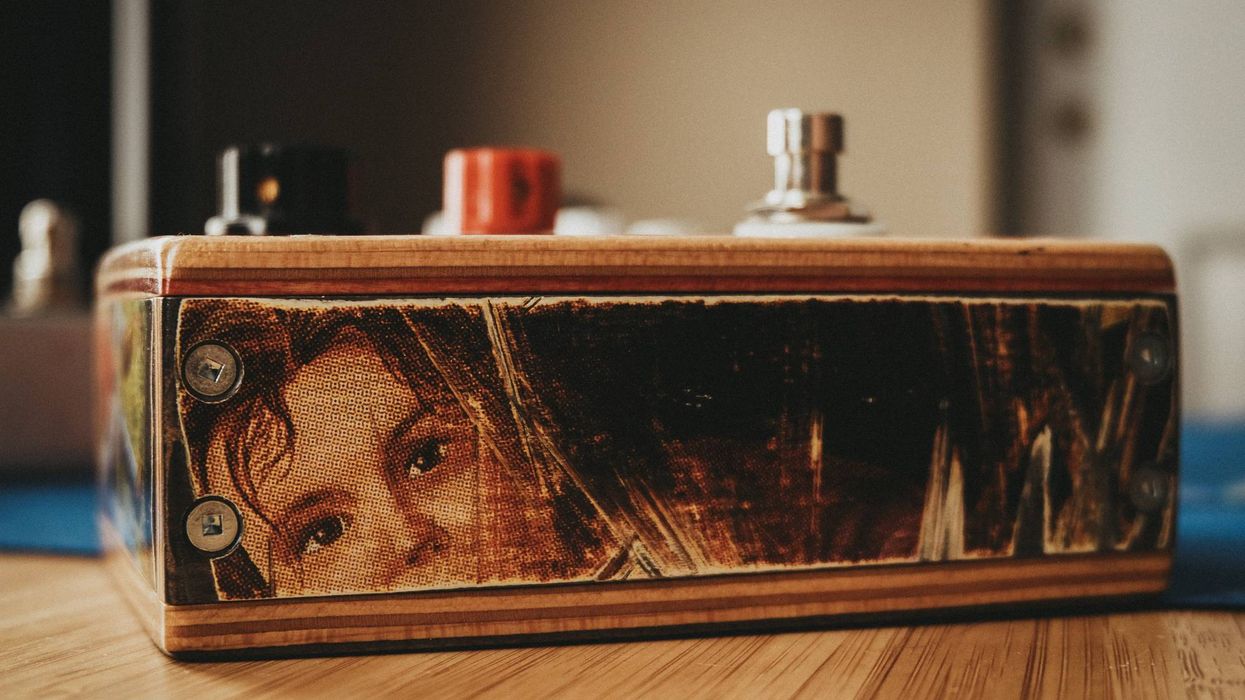
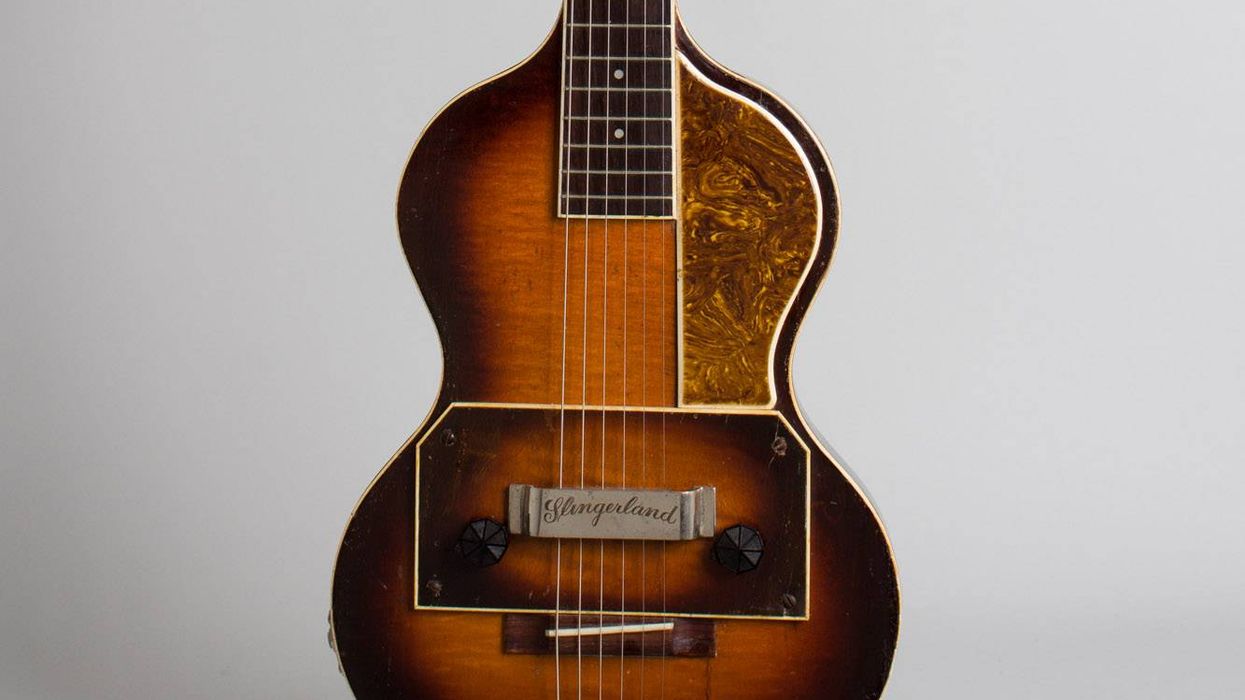


![Rig Rundown: Russian Circles’ Mike Sullivan [2025]](https://www.premierguitar.com/media-library/youtube.jpg?id=62303631&width=1245&height=700&quality=70&coordinates=0%2C0%2C0%2C0)

